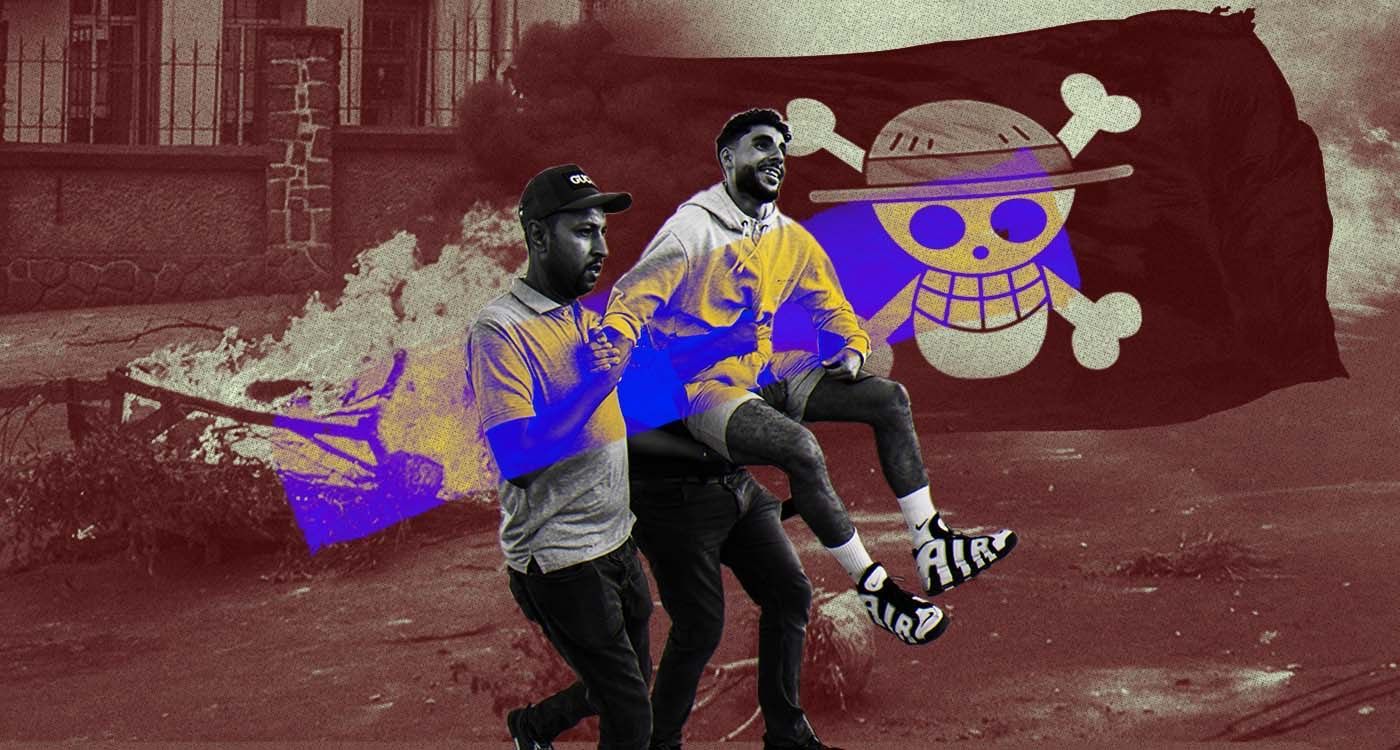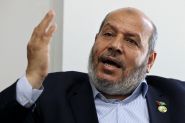- Home
- Middle East
- Generation Z: Anger Spreads Across Continents

©This Is Beirut
A police vehicle rammed into protesters, injuring several of them. The scene was filmed and circulated by Moroccan media. It highlights the rapid rise in tensions in the Kingdom of Morocco, where young people have been in the streets for four days. But this self-proclaimed “Generation Z” movement extends far beyond Morocco. From Peru to Madagascar, Nepal to Kenya, and as far as Indonesia and the Philippines, thousands of young people have been protesting for weeks against high living costs, corruption and the lack of infrastructure. The slogans may differ, but the anger is the same – a demand for concrete answers from leaders after decades of unfulfilled promises.
In Morocco, the protest movement has reached an unprecedented scale over the past four days. From Rabat to Casablanca, from Oujda to Tiznit, and also in Agadir, thousands of young people have mobilized around the Gen Z 212 collective, which had been largely unknown until now. Clashes have multiplied, including confrontations with security forces, stone-throwing and vehicles torched.
GenZ 212 Sparks Nationwide Protests
— This is Beirut (@ThisIsBeirut_) October 1, 2025
Day 4 of protests.
Thousands of young Moroccans are taking to the streets under the GenZ 212 banner, demanding major reforms in healthcare and education.
Tensions are high in Inezgane, with clashes reported. In Rabat, several demonstrators… pic.twitter.com/NyLjzy3v2W
On Tuesday night in Oujda, a police van struck a protester, causing serious leg injuries. Rumors of his death spread overnight, but local authorities denied them, stating that the young man was receiving medical care and that his life was not in danger.
The slogans specifically address social inequalities: “No World Cup without hospitals,” “Bread, not stadiums,” “Education and healthcare for our children, not billions for FIFA.” The protests highlight the gap between the billions invested in the 2025 Africa Cup of Nations and the 2030 World Cup, and the reality of an education and healthcare system seen as failing.
Dozens of arrests have been reported in Casablanca, Rabat and Agadir. Most of those detained have since been released. However, the public prosecutor noted that an initial group of 37 individuals, including three held in pretrial detention, will appear in court starting October 7.
These protests are taking place amid a climate burdened by a health tragedy. Eight pregnant women recently died at Agadir’s public hospital after being admitted for cesarean sections, according to local media. In the wake of this scandal, the hospital director and several officials were removed from their positions, an administrative investigation was launched and new investments were promised.
The government has pledged to engage in dialogue, but anger continues to rise.
Madagascar: Public Protests Against Rajoelina
In Madagascar, power and water outages have ignited widespread unrest. The Gen Z movement is calling for a general strike and is now demanding the resignation of President Andry Rajoelina, who has been in power for 16 years. In Antananarivo, as well as other major cities, tens of thousands of people are chanting “Rajoelina, step down.” According to the UN, the crackdown has left at least 22 dead and hundreds injured.
The president announced the government’s dissolution, a move deemed insufficient by protesters, who are now calling for the Senate and the High Constitutional Court to be dissolved, as well as trials for specific businessmen accused of corruption.
Peru: Protests Against President Boluarte
In Lima and several other Peruvian cities, young people are protesting against President Dina Boluarte. The Gen Z movement is denouncing corruption, social inequalities and a pension system deemed unfair. At least 19 people have been reported injured in recent clashes. The slogans target the political class as a whole, accused of failing to address basic needs in employment, education and security.
Nepal: The Trigger Point
According to several observers, Nepal remains one of the original centers of this movement. It all started in early September, after the government blocked 26 social media platforms, including Facebook and YouTube. This direct attack on digital freedom rallied young people. The protests escalated into an assault on Parliament, leaving 19 dead and hundreds injured. Faced with public anger, Prime Minister Khadga Prasad Sharma Oli ultimately resigned.
Nepalese slogans denounce corruption and nepotism while defending online freedom of expression: “The internet is our voice,” “No to political heirs.”
Algeria: Demonstrations Under Watch
So far, no protests have taken place in Algeria, but calls to demonstrate on Friday, October 3, are circulating under the name Gen Z 213. The official news agency APS (Algeria Press Service) has accused Morocco of being behind these calls, framing them as an attempt at interference. APS also pointed to the use of foreign cultural symbols, such as the pirate flag inspired by One Piece, which has already appeared in Nepal and Madagascar.
Meanwhile, the Algerian government is emphasizing its social model, highlighting free education and healthcare, and denouncing what it calls a maneuver aimed at “sowing instability.”
Read more





Comments